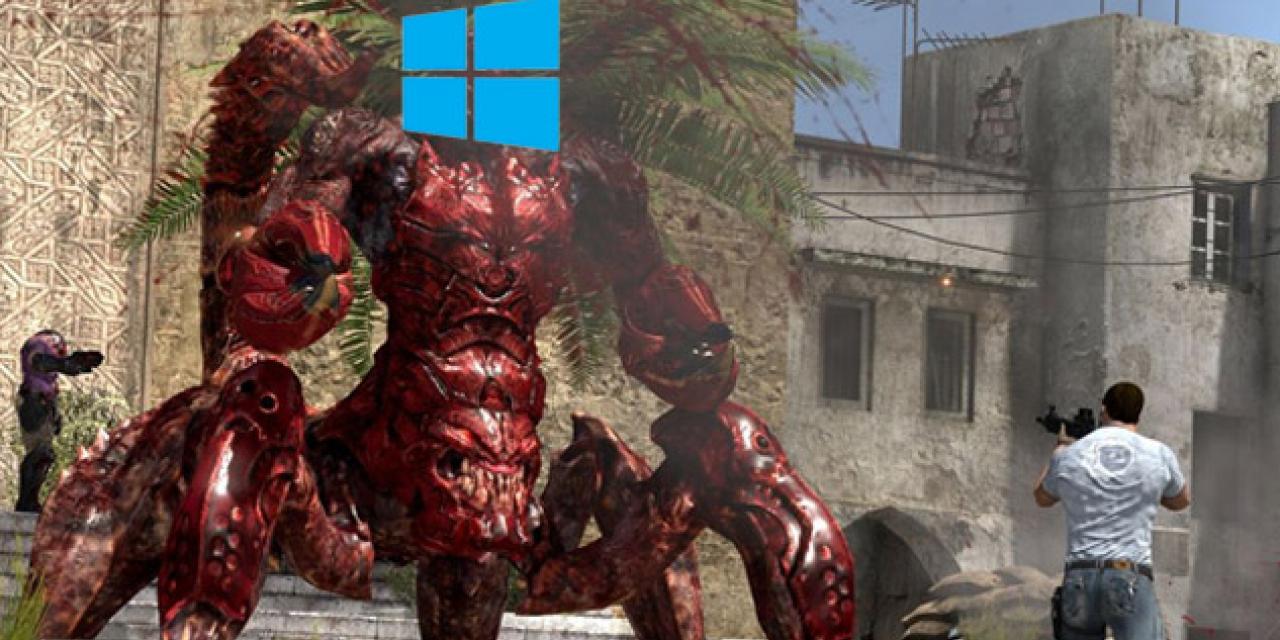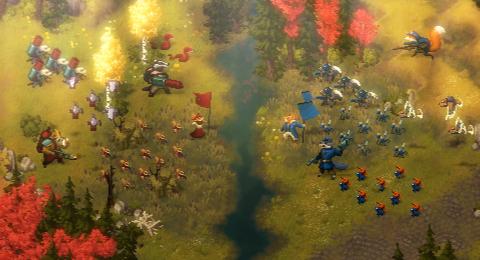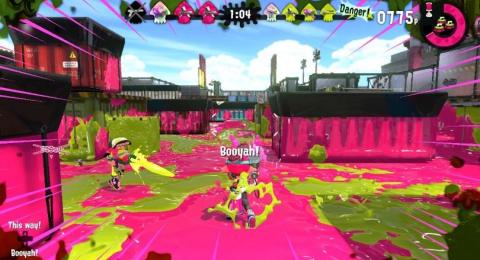
Another game developer has come out against the "walled garden" of Windows 8's app system, saying that it really isn't good for PC gaming. This is one of several big names that has trashed the recently released OS, after Valve's Gabe Newell and Mojang's Markus Persson also voiced their disapproval.
"What you don’t see here is that, under the hood, the new tiled UI is a means for Microsoft to lock Windows applications into a walled garden, much like the one on iOS," said Croteam CTO Alen Ladavac on the Steam forums. One of the things he wanted to clarify the most was that while it seems like developers were perhaps overreacting and just not wanting to change OS, Windows 8 is a different beast than previous generations.
"One cannot release a tiled UI application by any other means, but only through Windows Store," he explained. "I cannot even begin to stress out just how horrible this idea is! There is no side-loading, except for corporate use inside one company, and that works only on the enterprise edition of Windows 8. Do we all understand what that means? You cannot download an application from the Internet and run it on your computer. You have to get it from Microsoft's store. Even if it is a free app!"
It would be ok if there wasn't any certification, he explained, but there is. So that lengthy wait for Xbox patches, that's all coming in the next Windows.
"Each app that you will get through the Windows Store will have to adhere to certain requirements imposed by MS. So far, we know that they've banned mature games, like Skyrim, CoD, and Serious Sam. They have forbidden modding. They could very well forbid Open Source if they want."
Apparently you'll still be able to get some applications on the basic desktop, but developers are worried that with Windows 9, everything will come through the app store or not at all.
Ultimately he said, "I'll skip on that one," suggesting that we won't see any Croteam games on Windows 8.
No doubt reports like this will see gamers stick with Windows 7 for some time, but as that begins to age and lose support, where can we go? With all the recent improvements in Linux support, maybe in a half decade we'll all be running that open source platform instead.
What do you guys think?








